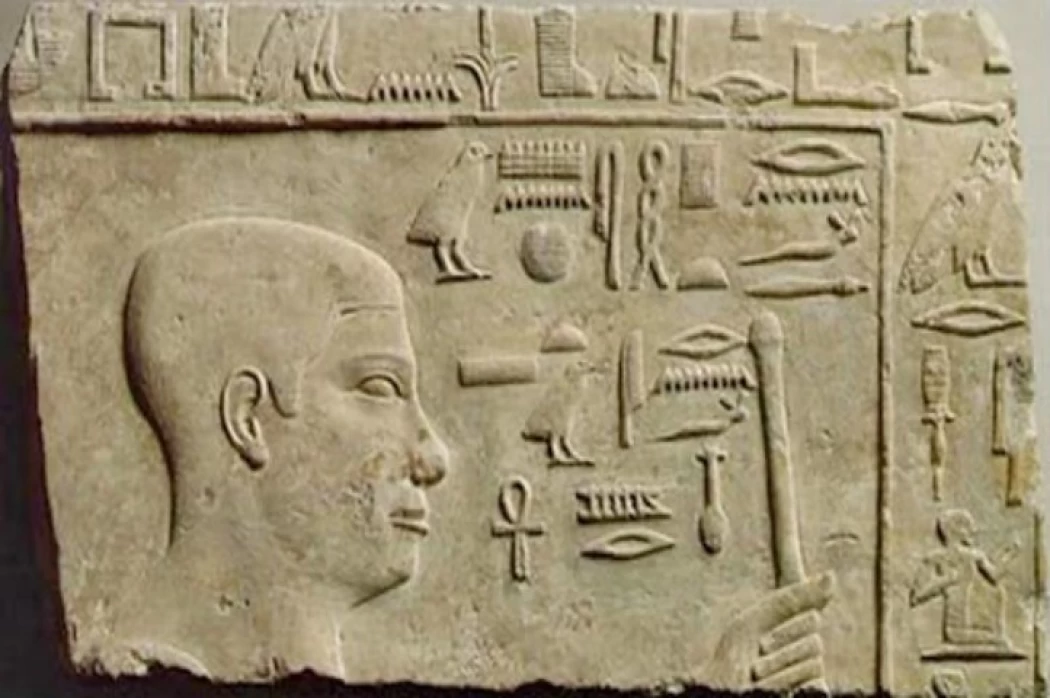
King Djedkare | 5th Dynasty of Egypt History
The eighth pharaoh of the kings of the fifth dynasty
Who was the grandfather of Ka-Ra Asis? He was the Fifth Dynasty's eighth pharaoh. He ascended the throne of Egypt between 2414 until 2375 BC, and his reign lasted for about 28 years. In fact, no one has reached to know his origin, but some scholars attributed him to the king who preceded him, “Mankao Hor,” and others attributed him to “Ni Osr Ra,” and there is no information available about his wives, but they said that he fathered Asis Ankh, Nisr - Nisr - Kao - Hor, and had four daughters, “Kit - Harit - Nabti,” “Merit - Asis,” “Hajet - Nebo” and “Nabti - In - Nevers.”
He was raised by the wise minister “Ptah Htab”, the most important men of the era of the grandfather of Ka-Ra Asis, who petitioned the king to have his son do the same job as him, and the king responded to his request, and he is the sage who is famous for his teachings that he addressed to his son in which he taught him the foundations of truth, justice and virtues.
His reign was full of great deeds, as he sent a military expedition to the Sinai Peninsula, and to the valley of Hammamat in Abu Simbel, and statues of sphinxes, bulls and some foreign captives were found for him, the biography of King Jed Ka-Ra Asis remains in a letter on the facade of the tomb of Prince Harkhuf of Aswan.
The letter reads: “From King Bubi II to Harkhuf, King Jed-Ka-Ra Asis was the first to bring a dwarf from Punt, Africa, and that Jed-Ka-Ra built his pyramid in Saqqara.”
He did not build a temple to the sun like the previous kings of the Fifth Dynasty, but built his pyramid in Saqqara. The pyramid consists of 6 steps, and the remains of his body were found inside the pyramid, which after analysis showed that he died between the ages of fifty and sixty, and the pictures show a cylinder inscribed with the name of the king “Jed Ka-Ra Asis” and a portrait of him.














